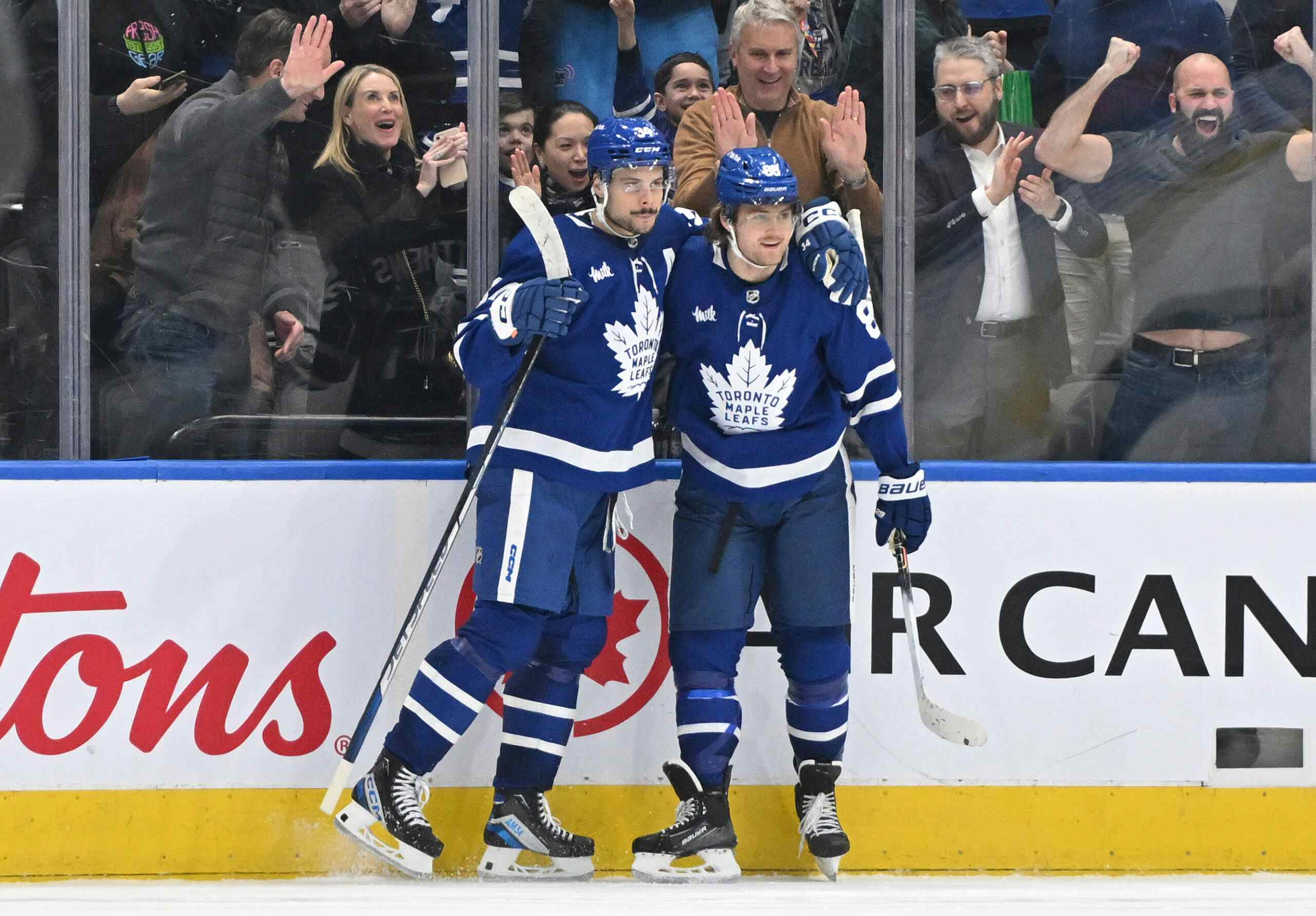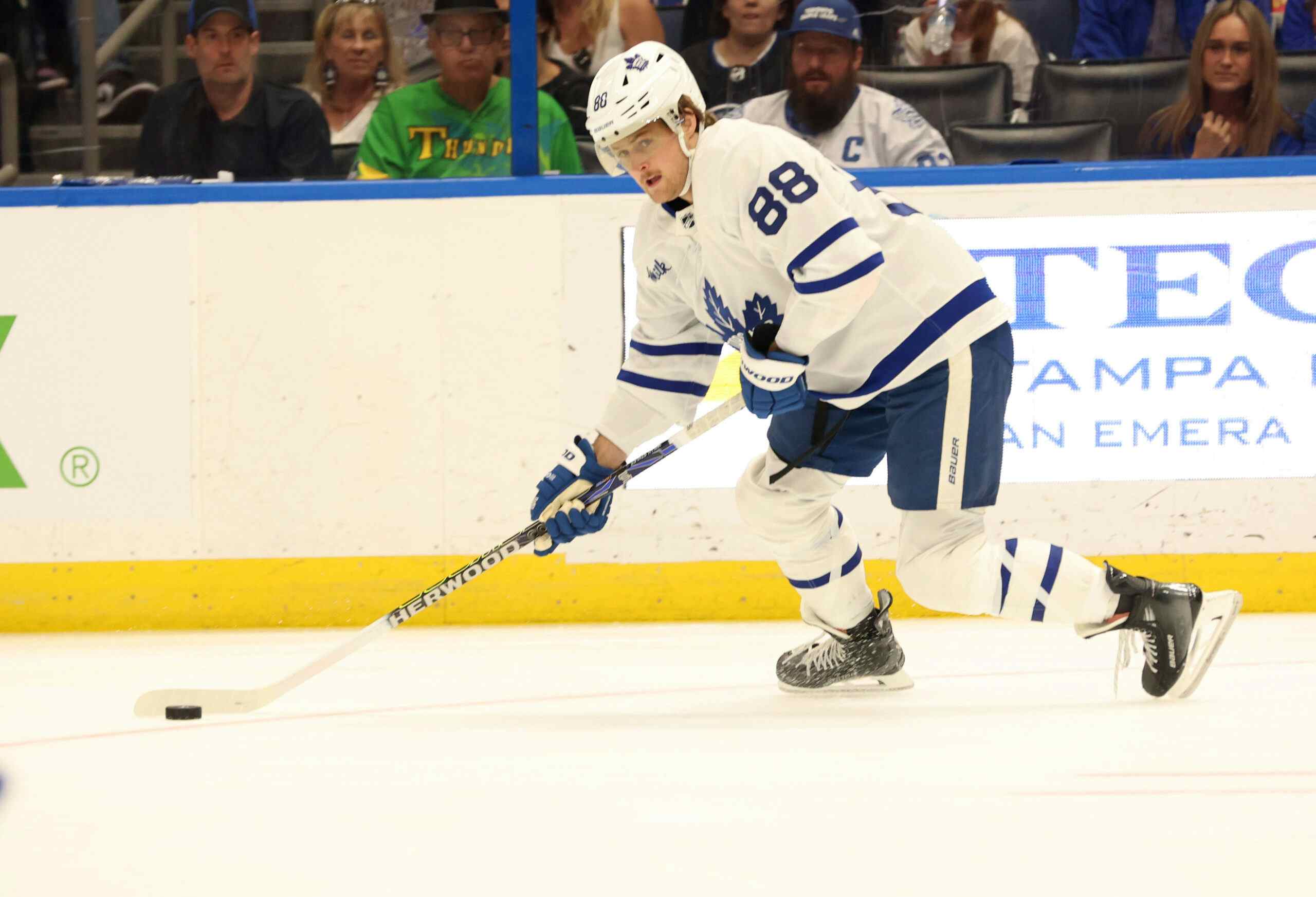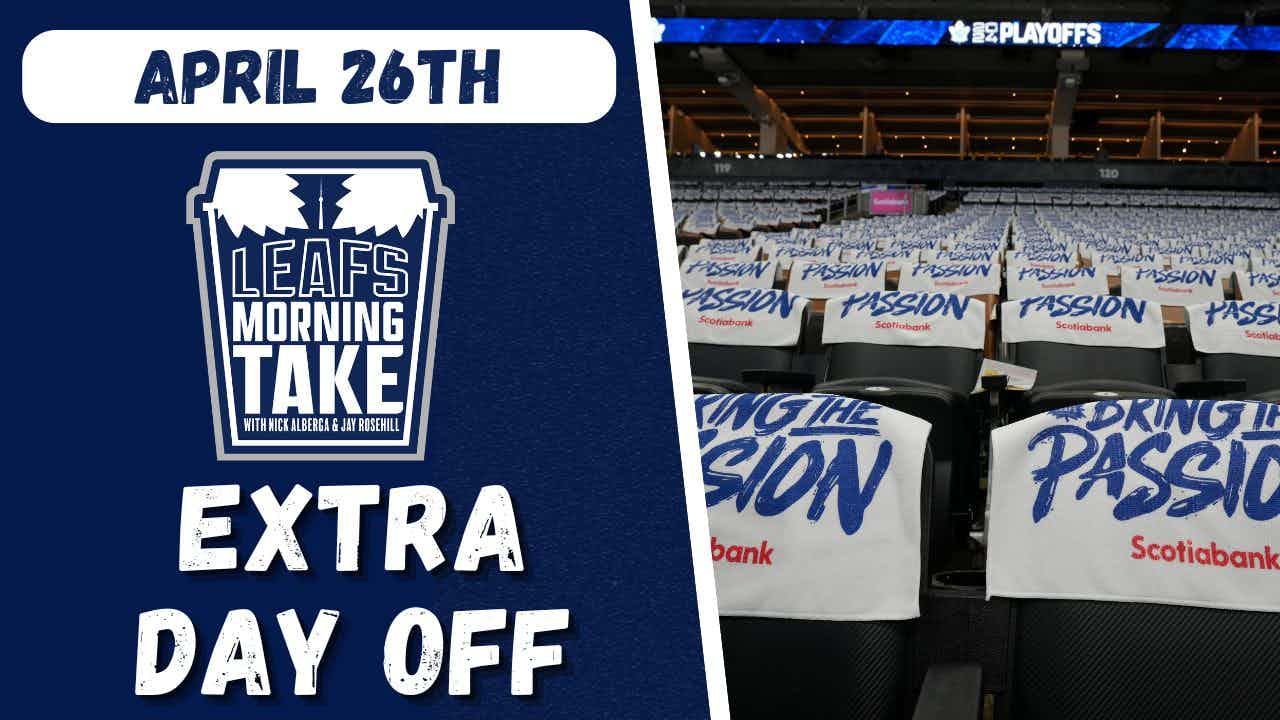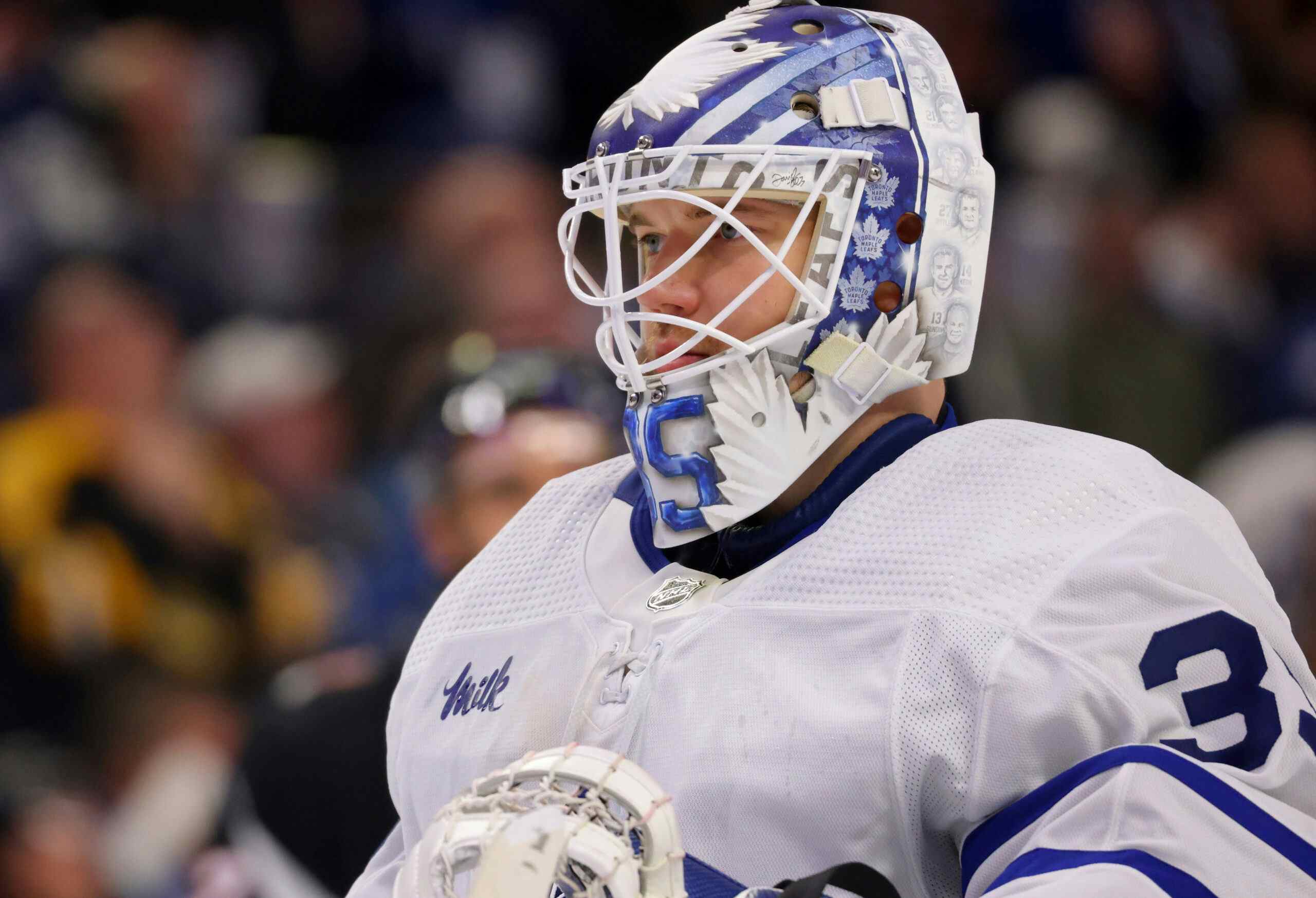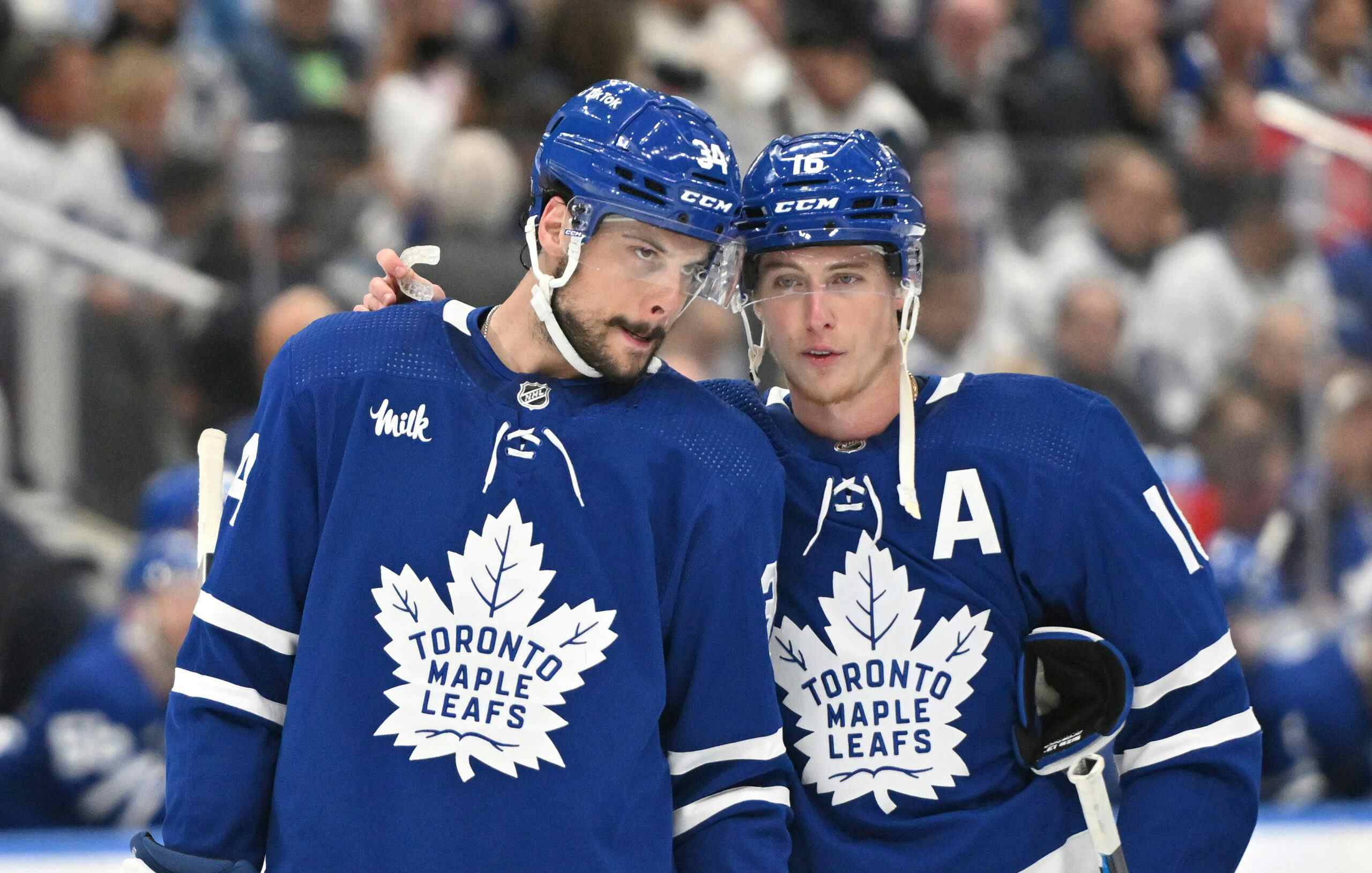The Best Top 5 Leafs Pick Ever?: Lanny McDonald
By Greg Brady
8 years agoWith the end of the regular season in sight, the Toronto Maple Leafs seem closer and closer to, at least, assuring themselves of a Top 5 pick in this summer’s NHL Entry Draft. There’s going to be attention, almost like never before, from fanbases of Canadian teams when the Draft Lottery happens. Not just because it’s the first time in the post-1967 expansion era that there’ll be no Canadian teams represented in the Stanley Cup Playoffs since 1970, but the also because of the added intrigue of having the Lottery more egalitarian, if you will, and giving what we might deem “average” NHL teams who missed out on the playoff tournament by a handful of points a chance to cash in and get the first pick.
Given no team can fall further than three spots down the ladder, it’s getting to be a reasonably safe conclusion the Leafs will have a draft pick in the Top 5, at the very worst, in a Draft that’s not as top-heavy as last year with McDavid and Eichel. That said, scouts now seem to agree this class is deeper in the Top 10 than was forecast a year ago at this time.
We all know the Leafs have made countless and egregious errors when it comes to the handling of their precious first-round selections, and especially those at the top end of those particular drafts. When one actually does a deep dive into what the Maple Leafs came away with in years they missed the postseason, and what they logically should have, it’s more stunning than you might have first thought.
I thought it’d be an interesting series leading up to the Draft Lottery on April 30th to examine the history of Top 5 picks by the Maple Leafs over the past few decades, and especially since, well, there were a few more than six teams splitting up all the amateur players.
I had to pick a year to actually start this impromptu study, so I chose to start with their first Top 5 draft pick of the 1970s. The Leafs and the other Original Six members welcomed in six other teams to the NHL for the 1967-68 season, and ended up missing the playoffs in two of those first five seasons.
1972-73 was the first year there were 16 NHL teams, sorted into two conferences of eight (East and West). This was the first year in for the New York Islanders and Atlanta Flames, and if you’ve ever questioned the league’s geographical knowledge in the past couple decades when it comes to realignment, you should make peace with the fact that in this 72-73 season, the Vancouver Canucks were in the East, and Atlanta, Pittsburgh, and Philadelphia were in the West. No doubt the Canucks wanted more games against the Canadiens and Leafs and their wish was probably granted.
Since 1973, and counting this season since the Maple Leafs have been officially eliminated (for the third straight season, and tenth in the past eleven), the numbers are remarkable.
In the past 43 seasons, the Leafs have made the playoffs 24 times. They’ve actually won their first round series an impressive 14 of those 24 times. They’ve won the second round only 5 of those 14 times. It goes without saying for you math majors out there, that they’ve been dumped in the third round all five of those times (1978-Montreal, 1993-Los Angeles, 1994-Vancouver, 1999-Buffalo, 2002-Carolina). As if you could forget.
That’s actually the good news! The Leafs have missed the postseason, regardless of format, 19 times in those past 43 years, and have only drafted in the Top 5 eight times in those years (assuming they have a Top 5 in 2016). The Leafs traded away their first-rounders in 1991 (3rd pick – Scott Niedermayer), 1997 (4th pick – Roberto Luongo), 2007 (13th pick – Lars Eller), 2010 (2nd pick – Tyler Seguin), 2011 (9th – Dougie Hamilton).
A few other variations matter, as they traded out of the Top 5 in 1992, and traded into the Top 5 to get Luke Schenn in 2008. We’ll cover those in our series here.
Either way, from 1973 until now, the Leafs’ seven Top 5 picks is quite astounding. Given the overall ineptitude spread out among mild periods of winning and consistency (1976-1978, 1993-1995, 1999-2004), it’s nowhere near enough.
Consider, in contrast, the New York Islanders have made eighteen Top 5 picks in that same time period, and of those eighteen, five picks were in the Top 2, and they’ve drafted 4 members of the Hockey Hall of Fame in the first round (Potvin, Gillies, Bossy, LaFontaine), and we will wait to see the HHOF credentials of two other Top 5 picks in John Tavares and Roberto Luongo. Bryan Trottier was a 22nd overall/2nd round pick in 1974, incidentally.
But it was in 1973, the Maple Leafs did draft the only HHOFer in the last 43 years to be originally selected as a Leaf, with their 4th overall pick – Lanny McDonald. We’ll do for that selection as we’ll do for all seven Maple Leaf Top 5 picks, in the days and weeks to come, asking three essential questions:
1. How good was the Leafs’ choice?
2. If less than excellent, did the Leafs pass on an exceptional talent taken soon after their pick?
3. How would you rate the player at his peak talent (out of 20), and how would you rate the player’s career accomplishments (out of 20). On a sliding scale, by the way, I’d argue, the greatest players ever receive 20/20, and if you’re in the Hall of Fame, you couldn’t grade out at less than 16/20.
So, with the understanding and mutual agreement, this will be cathartic, as well as educational for Maple Leafs fans, let’s begin:
1973: Toronto Maple Leafs (27-41-10 for 64 points in 78 games, 6th of 8 in NHL East Division)
Pick: 4th overall, Lanny McDonald, RW, Medicine Hat Tigers, scored 62-77-139 in 68 games in 1972-73
Analysis: An excellent selection. Denis Potvin went 1st overall to the New York Islanders and is universally considered the best player from this Draft. Only 5 of the 168 players taken played over 1000 NHL games, and McDonald (1111 GP) is 2nd only to Bob Gainey (8th to Montreal) in games played. Potvin, Rick Middleton (14th to NY Rangers), and Dave Lewis are the only other members of the 1000 GP Club.
Did the Leafs miss on anyone? I’d say they didn’t. You can make the case Middleton was as consistent and prolific and durable as McDonald was, but would have been a riskier selection given he was of a smaller build, and avoided any physical play of consequence. He had more than enough Bruins teammates during his best years to fight the battles for him. It’s hard not to think Bob Gainey wouldn’t have been an excellent Leaf, but he wasn’t a scorer in junior, and you simply can’t draft a player and foresee him being one of the best defensive forwards ever (four Selke Trophies and credit for defining the modern-day two-way forward). Did Gainey benefit greatly from being around other exceptional players for nearly his entire career in Montreal? Sure, but he also contributed to the legacy considerably. In retrospect, McDonald is in the running to be considered the best first-round post-expansion pick the Maple Leafs ever have made.
McDonald’s Peak Talent – (17 out of 20) – 1976 Canada Cup, 1979 Challenge Cup, 1981 Canada Cup, and scored one of the most memorable playoff goals in modern Maple Leafs history (1978 G7 OT winner against the Islanders – see below). It says everything about McDonald that the Ballard-orchestrated trade to send him to the Colorado Rockies is still one of the least popular moves in NHL history for any of the league’s fanbases, in the midst of a dark period in Maple Leafs history.
Note to young parents: I was six years old, my parents were out, and I had a babysitter handling myself and my 3 year old and 1 year old sisters. I begged to stay up for this game and will never forget watching the OT winner on Long Island just as my parents got home. Give your kids some leeway for these special live sporting events! That’s what shapes young minds! Of course, if moments like these ever happen again.
McDonald’s Career (16 out of 20) – 8-30 goal seasons, including a remarkable 66-goal season that never gets talked about enough in 1982-83. 49 of those goals were even-strength. Wayne Gretzky scored 71 that season, but Lanny won the Bill Masterton Trophy for his sportsmanship and dedication to the sport.
Of great debate is this, do you think of McDonald more as a Flame than as a Leaf? That’s a tricky thing for diehard and lifelong Maple Leafs fans of my generation (I’m in my early 40s) and older to swallow, but remember, he played more games for the Flames (492) than he did for the Maple Leafs (477), and far more playoff games in Calgary than Toronto (72 to 45). It looked as if McDonald’s best chance to win a Stanley Cup was the 1986 Cup Final, and the loss to the Montreal Canadiens in six games. The ’86 Flames were the only team in a five year span to beat the Edmonton Oilers in a playoff series. The Oilers were a stunning 65-14 in all other Stanley Cup playoff games from Spring 1984 thru Spring 1988 if you take away the seven-game Smythe Division Final of 1986.
McDonald would hang on thru 1989, despite his skills being diminished, and his ice time cut given how strong Calgary’s younger players were, and get his Stanley Cup ring, scoring a crucial second-period goal in Game 6 at the Montreal Forum. It was McDonald’s only playoff goal in 1989 and he’d only dress for 14 of the 22 playoff games. He retired at age 36.
*** The Maple Leafs would make the playoffs the following eight straight seasons after drafting McDonald, winning five consecutive “Preliminary Round” series from 1975 through 1979. The playoff format at this time sent twelve NHL teams to the postseason with four division winners receiving byes directly into the quarter-finals. The preliminary rounds were quick best two-of-three series among the other eight teams. The Leafs had a first-round record those years of 10-3.
In 1979-80 after the WHA expansion brought the league to 21 teams, the playoffs expanded to 16 teams, and the first-round was expanded to eight series of best three-of-five length. The Leafs lost that first three-of-five to the Minnesota North Stars in three straight games. The North Stars would eventually knock off the four-time defending Stanley Cup Champion Montreal Canadiens, before falling to the New York Islanders in the Cup Final in five games.
Next time, we’ll look back at the Maple Leafs’ selection of Gary Nylund at #3 overall in the 1982 NHL Entry Draft. Until then!
Recent articles from Greg Brady

